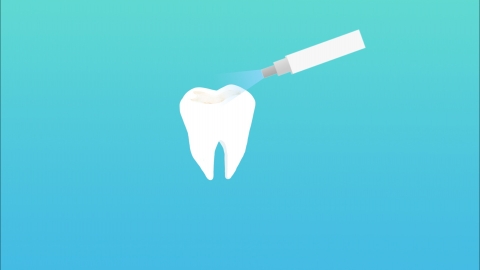How many teeth do normal people have?
Healthy adults typically have 28 to 32 teeth; the variation is due to the eruption of third molars (wisdom teeth).

Tooth development in humans occurs in stages: during the primary dentition stage (from around 6 months after birth to age 6), 20 primary teeth erupt, which are responsible for chewing and the development of the jaw and face. Starting at age 6, individuals enter the permanent tooth replacement phase. By around age 12, all 20 primary teeth are replaced, resulting in a stable count of 28 permanent teeth. Between ages 17 and 26, some people may develop 1 to 4 wisdom teeth. However, due to factors such as jawbone development space and genetics, others may never develop wisdom teeth—both scenarios are considered normal.
If an adult has fewer than 28 permanent teeth, it may be due to incomplete eruption or congenital absence of permanent teeth, which can affect chewing function and bite alignment. In such cases, timely evaluation at a reputable hospital's dental department, including X-ray imaging and appropriate treatment, is recommended. If wisdom teeth erupt abnormally and repeatedly cause pericoronitis, medical assessment is also necessary to determine whether extraction is needed, preventing complications such as decay of adjacent teeth or periodontal damage.
Daily oral care should include brushing twice daily with fluoride toothpaste (each session lasting no less than 3 minutes), using dental floss after meals to clean between teeth, and having regular dental checkups and professional cleanings every six months to one year to maintain optimal oral health.




